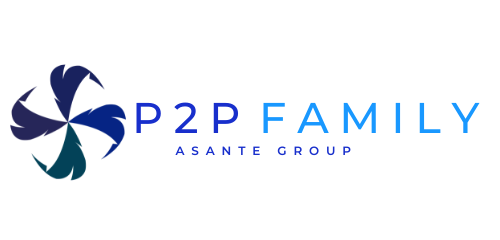Innovation is vital in this fast-paced business world where information is the primary currency. The accounting industry is experiencing a revolution in the methods of conducting audits, with emerging technologies such as blockchain and artificial intelligence (AI) and data analytics and robotic procedure automation transforming processes and enabling more efficient and effective results for clients.
Auditors are now able to provide more insightful insights because of the capability to analyze and organize large amounts of data that are complex at a speed previously impossible. Enhanced analytical tools can assist in identifying unusual transactions, latent patterns or other issues that would otherwise be missed and allowing auditors to modify risk assessment procedures to suit. These tools also assist in identifying future issues and provide predictions regarding the performance of an organization.
Similar to that, the use automation and specialized software is reducing manual review and Learn More processing. Argus for instance, is an AI-enabled program that makes use of machine learning and natural language processing to swiftly analyze electronic documents. Deloitte audits use it to speed up electronic document reviews, allowing them to focus on more valuable tasks like checking for risk and verifying results.
Despite these benefits However, there are a myriad of obstacles that hinder the full use and adoption of technology in auditing. Particularly, research has revealed that a confluence of person, task and environmental factors influence the use of technology for audit. This includes the perceived impact on the independence of the auditor and the lack of clarity on the regulatory response towards the use of technology.
